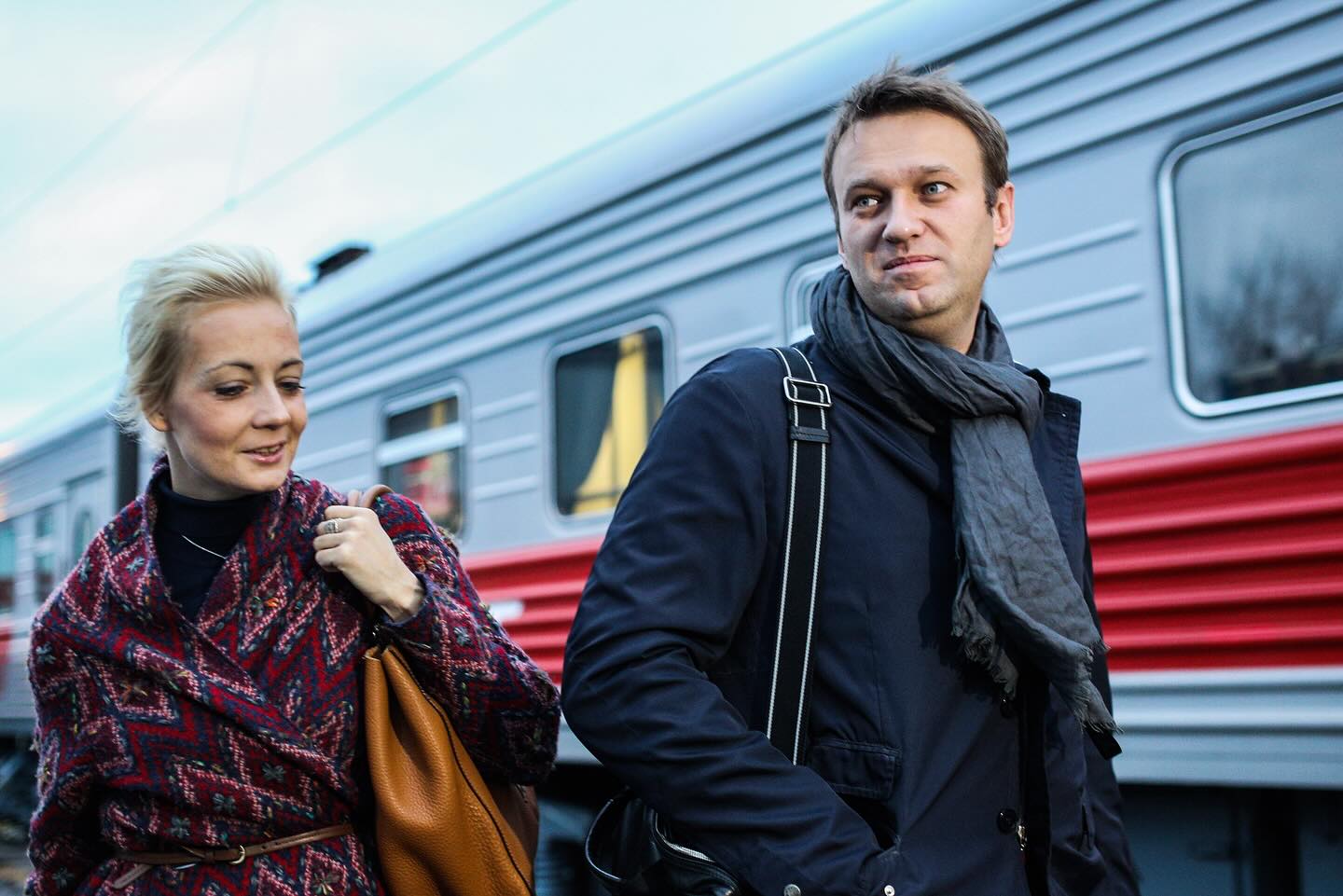Remembering Alexei Navalny

Alexei Navalny, the foremost Russian opposition politician, was killed in prison by the Russian state on the 16th of February 2024. I’ve been deeply saddened by his death, and, as I was processing it, I reflected on what exactly this person had meant to me. This is what came to my mind.
My parents and I emigrated from Russia in 1991, when it was still a part of the Soviet Union, and I was nine years old. A lot of what they told me about Russia painted the picture of a country that didn’t put any value on human life, and that was not suitable for building a future: extreme lawlessness, an conscription-based army rife with horrible hazing practices, and so on; we were, they said, extremely lucky that we had the opportunity to leave.
This image stayed with me for a long time, and, even as I became an adult and started travelling to Russia myself, the interactions I had with the state and its systems very much scared me. I remember the anxiety when waiting in the queue to the passport check at a Moscow airport, I remember the look, full of hate, given to me by the border control officer when I for whatever reason handed him both my passports (Russian and French). I remember the panic, when I had to turn in some paperwork to some government institution, and something didn’t go according to plan.
Something changed for me in 2013. I was in Moscow during a rare mayoral election, and the city was full of stickers and adverts for Alexei Navalny. I watched his speeches on YouTube, and saw volunteers campaigning for him in the city. This was a completely new feeling for me: a person speaking not the language of the soulless system, but in a rather human way, voicing understandable human values that I felt close to. A person who tried to improve life in his own country, in his own city. What a shock: it turned out that there were people who were trying to turn Russia into a country where one could try to build a life, into a country where there might be a place for me, as well. And this was happening in real life, not just in empty debates on LiveJournal or Twitter!
I did not have a Russian bank account, so I was unable to donate to Navalny’s campaign. I did what I could: I signed up as a volunteer, and started helping writing code for some software used for canvassing. Soon, the election campaign wrapped up, and although my contribution most likely did not affect the outcome in any meaningful way, this became a momentous experience for me. Like for many others, participating in Navalny’s campaign was my first involvement in public life in my home country, and, for the first time, I felt like I could actually drive some change by applying my efforts, like I had some agency over what was happening. I will always be grateful to Navalny for this.
Of course, as someone who grew up in France with the corresponding values, I didn’t fully agree with Navalny’s political views, but I was always deeply impressed with his strength, resilience, and courage, I was charmed by his sense of humour and admired the obvious love he and his family shared. I was certain that, eventually, he would manage to overcome everything, even prison, even torture, and might become Russia’s next president.
After his murder in prison, it felt like this hope of Russia one day becoming a place where, if not me, at least my children could consider building a fully fledged life, had been lost forever. A few days later, however, Yulia Navalnaya, Alexei’s widow, stepped forward to announce that she was going to continue her husband’s work, which restores a little bit of hope in my heart.
If you are interested in learning more about Navalny, and getting a sense of what kind of person he was, the Oscar-winning 2022 documentary about him by Daniel Roher is a great place to start. A trailer can be found on YouTube.